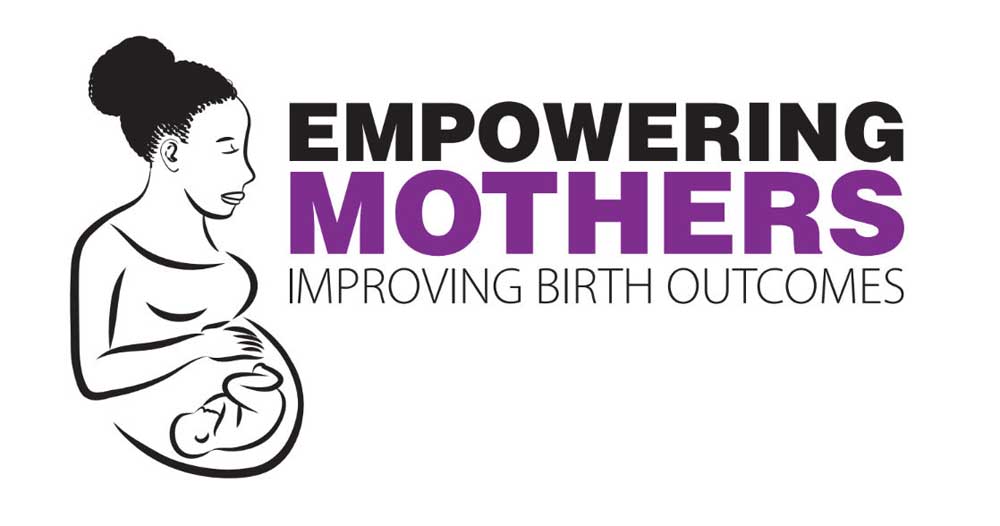Counselor addresses the grief parents face after losing a child
Published 5:00 am Sunday, May 26, 2019

- Empowering Mothers - Improving Birth Outcomes is a 6-part series.
Licensed Professional Counselor Lauren Bradley practices at Kranz Psychological Services in Longview. Bradley is the owner of Bradley Birth Services where she works as a birth educator and a doula.
Bradley is working toward specializing in perinatal mental health including depression and anxiety disorders, obsessive-compulsive disorder, psychosis, infant loss, miscarriage, stillbirth, infertility, and also treatment specific to postpartum women and birth trauma.
Q: How does giving birth affect a woman emotionally?
A: It’s something you’ll remember for the rest of your life. No matter how many kids you have, you’ll remember all the births. How they went, how you felt, if you felt supported, or if you felt alone the whole time. There’s a lot of moms that need to process how their birth went. They may be disappointed and feel like they don’t have anyone to talk to because they do have a healthy baby.
Q: How does losing a child affect a parent psychologically?
A: Many times grief can look like depression, so it is important to find a provider who is not going to automatically diagnose someone with depression and suggest medication when it is in the normal realm of grief following infant loss/miscarriage/stillbirth.
Q: Why is suicide and mental health an issue for new mothers?
A: When women go to their postpartum checkups with their obstetrician they may or may not get asked how they’re doing emotionally. If the mother says anything like “I’ve been crying a lot,” it usually gets brushed off as “the baby blues.” They don’t get taken seriously. That’s how you end up with higher rates of suicide.
In our culture we are not of the village mindset anymore. Moms are so isolated. There’s a lot of shame about postpartum depression and anxiety because mothers think, “I shouldn’t be feeling this way. This should be the best time of my life. I feel like this was a mistake, but I can’t tell anyone that because they might take my kid away.” This can be really scary and further isolating. We don’t have a system of mental health screening. Most providers are not screening, and moms are really good at putting on makeup, getting dressed and looking like everything is fine when it’s not.
Q: Is losing an infant different for a parent than losing an older child?
A: Yes. When losing an infant there is a loss of hopes and dreams and future memories that you no longer get to make. With an older child you have at least some memories of them, and you got to know them as a person. With an infant you don’t have much of anything to hold on to as far as memories/experiences go. Sometimes that is harder to process because the loss is less concrete. Our culture also tends to somewhat ignore the loss of a baby; it’s almost taboo.
This leads to disenfranchised grief, and a significant lack of social support when you lose a baby or have a miscarriage. There can also be a sense of shame attached for the mom if she feels her body betrayed her in some way or it didn’t do what it was supposed to do to protect her baby. This can also be the case for both parents with infant loss if they feel they could have done something to prevent the death.
Q: How is grief different for different people?
A: Grief will usually look different for mothers and fathers or the non-pregnant partner. It’s okay that it is different for each of them. They will both be processing the loss of internal representations of what it meant to be a father/mother. Some people process externally while others process internally, and some do better by doing something productive rather than isolating/being alone to process.
Q: Are holidays like Mother’s Day or birthdays especially hard?
A: Yes. The best thing is to be prepared and not let it creep up on you. So if you know the day will be hard, you can choose to spend it intentionally remembering the baby in some way or by doing something distracting and fun, allowing yourself to feel joy (which is also honoring to your baby).
Sometimes parents will feel guilty when they laugh or smile or have a good time because they feel as though they are forgetting their baby or disrespecting them in some way, but the truth is you have a greater capacity to feel joy when you have experienced such a profound loss. You have a greater capacity to love. It feels scary because it creates a huge sense of vulnerability, which is uncomfortable. But it is also our greatest source of connection with others. It is hard and emotional, but it is the essence of a fulfilling life.
Q: What can parents do to move forward after losing a child?
A: Parents need to give themselves grace in how they process the loss. They don’t have to feel like they need to “move on” or forget their baby. It is helpful to memorialize anything they have such as photos or clothes the baby wore. Give the baby a name, as he/she will continue to be part of the family. It is a process of integrating the loss into the new family narrative that comes from this type of experience.
It is normal and healthy to go back and forth between grieving and having hard days, and taking steps to finding a new normal. Parents will be forever changed, and navigating who they will become as a result of the loss is confusing and hard. Giving meaning to the baby’s life, no matter how short, is helpful. Finding social support and other families who have experienced perinatal loss is important, because parents can feel very alone and isolated.






